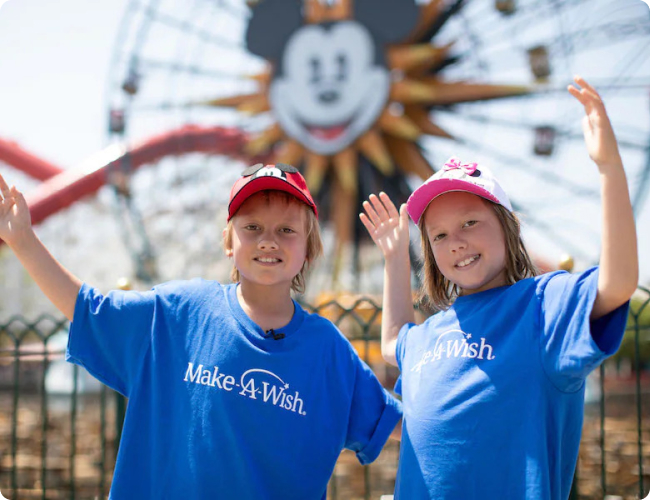We grant wishes for Kiwi children with a critical illness. A critical illness is defined as a life-threatening stage or with extreme long-term complications.
Critical illnesses include, but are not restricted to: childhood cancers, certain types of muscular dystrophy, certain neurological or genetic diseases, cardiac disorders, renal failure and traumatic injuries.
Read more about our criteria HERE.
Any questions? Please get in touch with our Medical Outreach Specialist.


Make-A-Wish represents so much beyond the beauty of a no-strings-attached gift. It becomes a therapy in itself giving hope for a better day. More than that, it’s something the child has control over. In their world, where so much is taken out of their hands, Make-A-Wish remains their chance to choose, to plan and to dream – often only things the child themselves would think of.
Dr Tim Prestidge, Paediatric Haematology-Oncology, Starship Child Health
